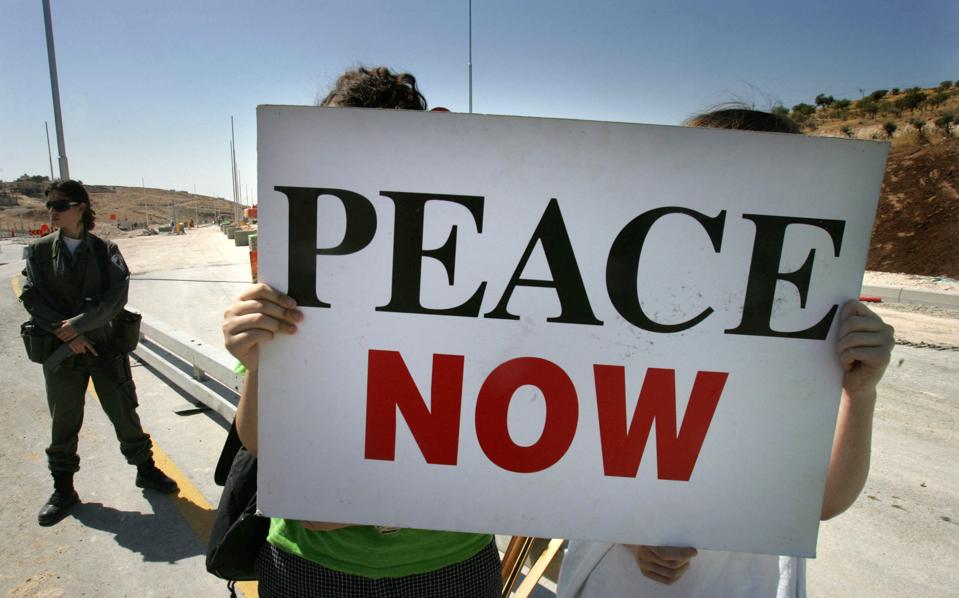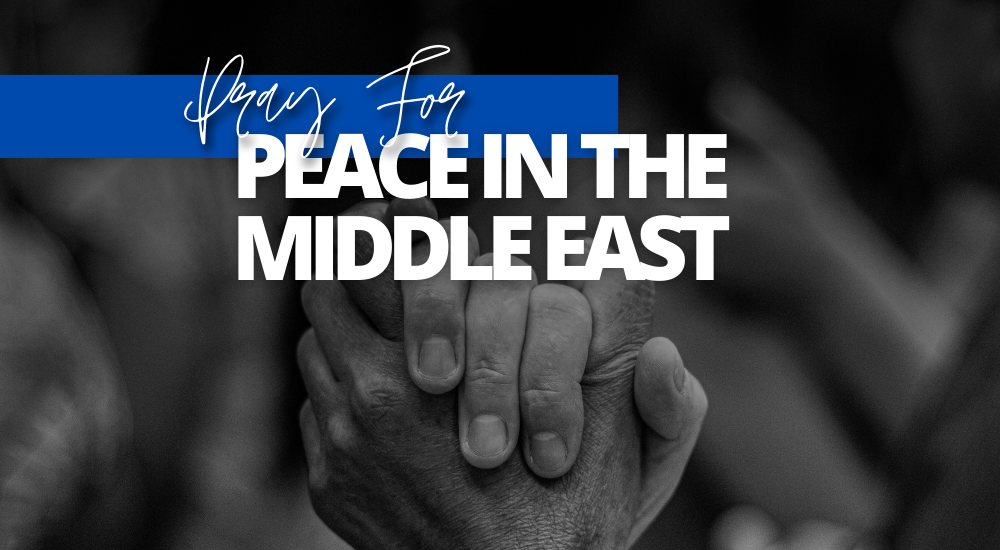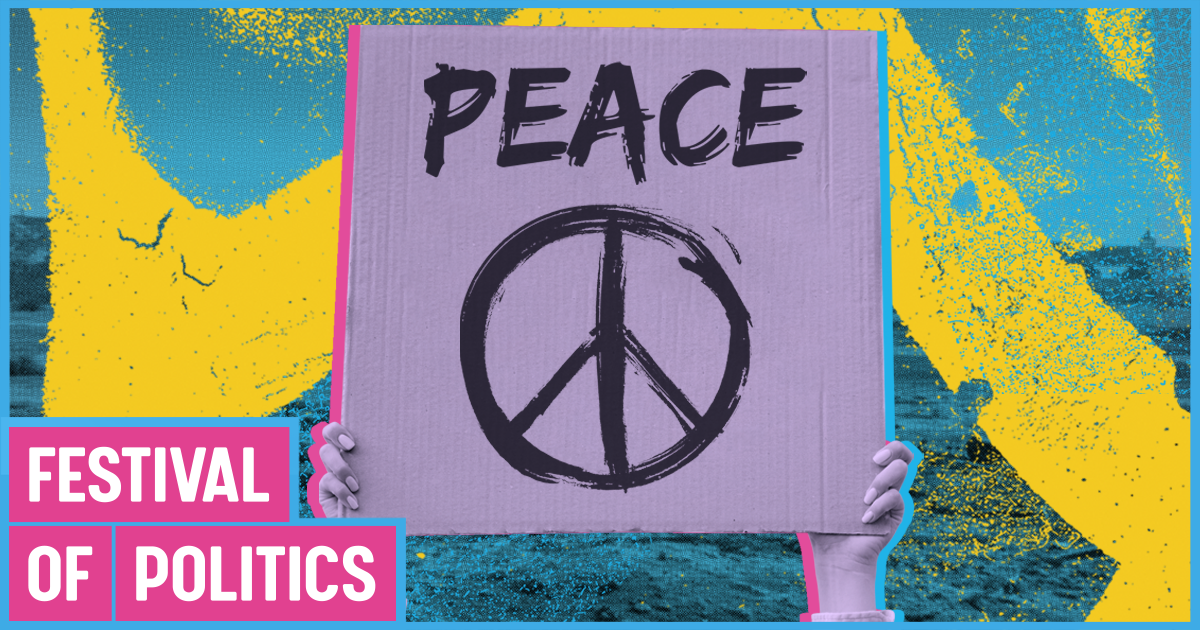DESIBUZZCanada
Events Listings
Dummy Post

International Day Of Yoga To Be Virtually Celebrated Saturday At 4pm

CANCELLED: Coronavirus Fears Kills Surrey’s Vaisakhi Day Parade

ADVERTISE WITH US: DESIBUZZCanada Is The Most Read South Asian Publication Online

SURREY LIBRARIES: Get Technology Help At Surrey Libraries

WALLY OPPAL: Surrey Police Transition Update On Feb. 26

GONE ARE THE DAYS - Feature Documentary Trailer

Technology Help At Surrey Libraries

Birding Walks

Plea Poetry/short Story : Youth Contest

International Folk Dancing Drop-in Sessions
WISH LIST: A Golden Idea For Peace In The Middle East
- September 9, 2025

By Alex Sangha
In 2011, the Jerusalem Post published my letter to the editor under the headline "A Golden Idea." To my surprise, I even received a response from President Barack Obama after forwarding my proposal to the White House. Over a decade later, as tragic events once again unfold in the Middle East, I feel compelled to revisit and expand on that idea—an idea rooted not only in practicality, but in hope.
A Framework for Shared Sovereignty
The Israeli-Palestinian conflict has defied resolution for generations. Countless initiatives have been attempted, yet mistrust, violence, and political deadlock remain. What if, instead of pursuing a fragile two-state separation, we imagined a bold model of shared sovereignty within a federal framework?
I propose the creation of the "Abraham Union," a political federation where both Israel and Palestine retain full sovereignty while also joining a new federal union. This model could be inspired by the European Union, which helped reconcile historic rivals such as France and Germany and ensured they have not gone to war since.
Within this union:
Jerusalem would become the shared capital of both Israel and Palestine, functioning as a neutral national capital territory—similar to Canberra in Australia or Washington, D.C. in the United States.
A federal constitution would outline powers shared with a new parliament in Jerusalem, alongside a charter of rights and freedoms, drawing on democratic traditions like Canada's.
Mutual recognition would be codified, ensuring both peoples enjoy equal dignity, respect, and security.

Beyond Borders: Building Peace Through Union
The Abraham Union would not simply be about governance. It would be about transforming relationships. Peace cannot be imposed from the outside—it must be built through interdependence.
Consider the benefits:
Economic Growth and Trade: Like the EU, an open market between Israel and Palestine could foster prosperity through shared industries, tourism, and cultural exchange.
Security through Cooperation: A joint federal security framework could help address terrorism, extremism, and regional threats more effectively than fractured, antagonistic systems.
Human Rights and Democracy: With a shared charter, citizens of both states could be guaranteed freedoms, protections, and judicial independence, setting an example for the broader Middle East.
Regional Expansion: Over time, other nations in the region could join the Abraham Union, creating an arc of stability, democracy, and opportunity that redefines the geopolitics of the Middle East.

A Vision of a New Golden Era
It is no coincidence that Europe's bloodiest wars ended once its nations embraced the European Union. By weaving economies, institutions, and identities together, the EU replaced enmity with partnership. Why should the Middle East not aspire to the same transformation?
The Abraham Union could usher in a "new golden era" of fairness, equality, and coexistence. It could demonstrate that secularism and pluralism are not Western imports, but universal values that can take root in Jerusalem, the very city sacred to Jews, Muslims, and Christians alike.
From Idea to Action
History shows that peace demands imagination. Once, the idea of a united Europe seemed equally impossible—yet today it is reality.
The Abraham Union is not a quick fix. It would require trust, courage, and visionary leadership. But it offers a way forward beyond endless cycles of violence and temporary truces. It asks Israelis and Palestinians to embrace what they share, rather than fight over what divides them.
If ever there was a time for bold thinking, it is now.
Alex Sangha is an award-winning social worker and documentary film producer based in Delta, BC. He graduated with an MSc in Public Administration and Public Policy from the Department of Government from the London School of Economics.











